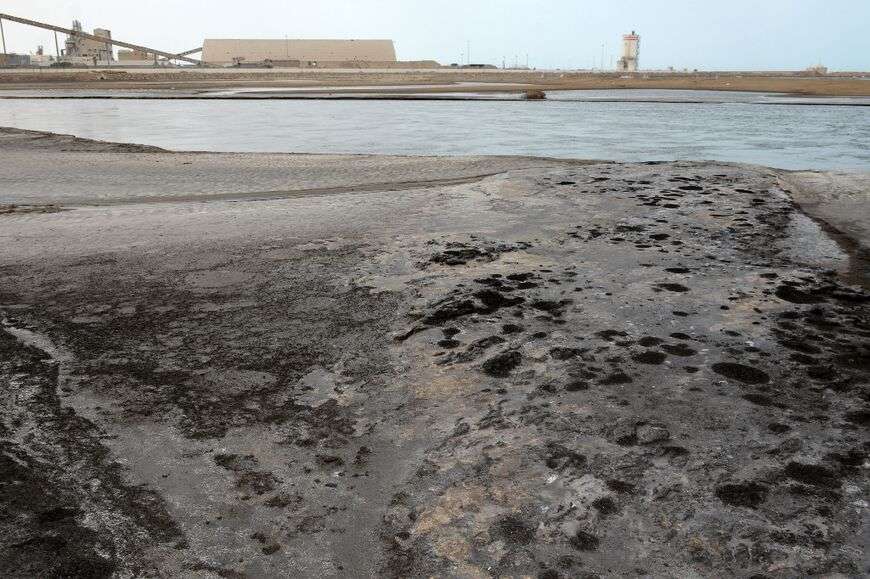Tunisia’s economic plan fuels pollution despite public health concerns

Tunisia’s economic concerns have led to plans to expand fertiliser production at the Gabes phosphate plant, despite long-standing health concerns, environmental consequences and earlier promises to shut it down, prioritising economic recovery over public safety, as reported by Al-Monitor on June 25th.
Gabes, a city of around 400,000 people, has long endured the consequences of phosphate production. Residents campaigned for years to close the polluting plant, eventually securing a government promise in 2017. Yet, amid a deepening debt crisis, the government has abandoned that plan.
Despite growing evidence, officials have reclassified phosphogypsum as non-hazardous and declined to comment on health risks. Meanwhile, medical professionals remain silent under pressure. The plant employs 4,000 workers, critical in a city where unemployment remains high.
The air of the home of local resident home, Cherifa Attia, says her bedroom smells of burnt rubber.
Her home sits beside Gabes’s phosphate processing plant, which for decades has released toxic fumes over this southern Tunisian city. “This is killing us,” said the 74-year-old. “That’s all we breathe. Day and night.”
Instead, the government aims to increase fertiliser output fivefold by 2030 to raise foreign currency revenue, the same year in which the government hopes to reach a local level development plan. President Kais Saied has called phosphates a “pillar of the national economy” and pledged to revive the neglected sector.
Environmental groups have condemned the reversal. “This plant harms the air, the sea and all forms of life,” said Khayreddine Debaya of the group Stop Pollution. Activists accuse the government of ignoring devastating health consequences. Locals like Cherifa, who survived two cancers, and her sister Naftia, who has heart complications, blame the plant for their suffering.
Phosphate processing releases sulphur dioxide, ammonia, and heavy metals, while phosphogypsum waste, discharged into the sea, contains radioactive radium. A recent French study linked pollution from the plant to severe congenital and organ-related illnesses.
“We don’t want this city anymore,” said local resident Dhahbia. “The state gets the money, and we get diseases.” Her daughter Mouna added: “Since they make so much money out of phosphate, they should afford a clean environment.”
Al-Monitor, Arab Weekly plus agencies
Want to chase the pulse of North Africa?
Subscribe to receive our FREE weekly PDF magazine














